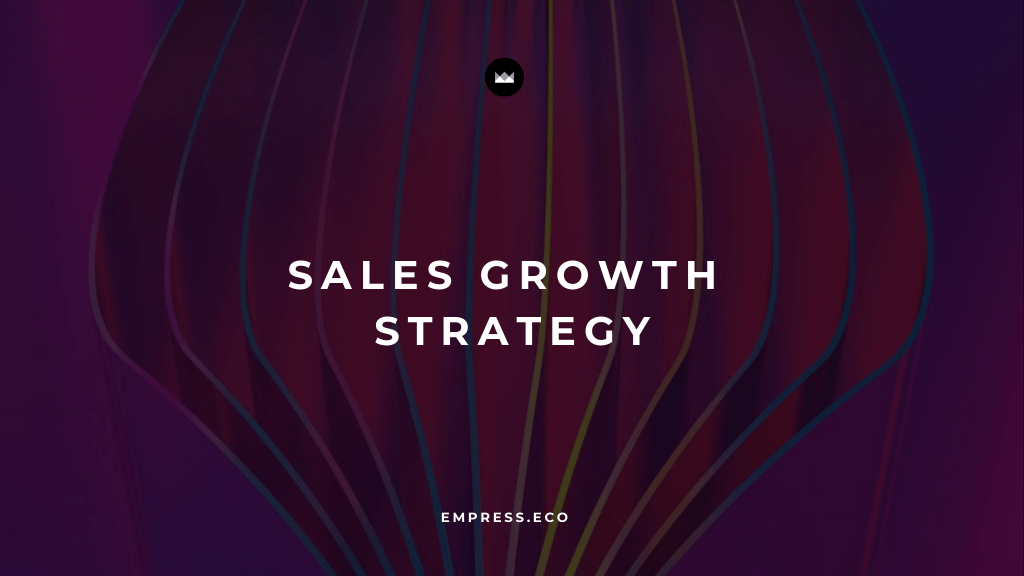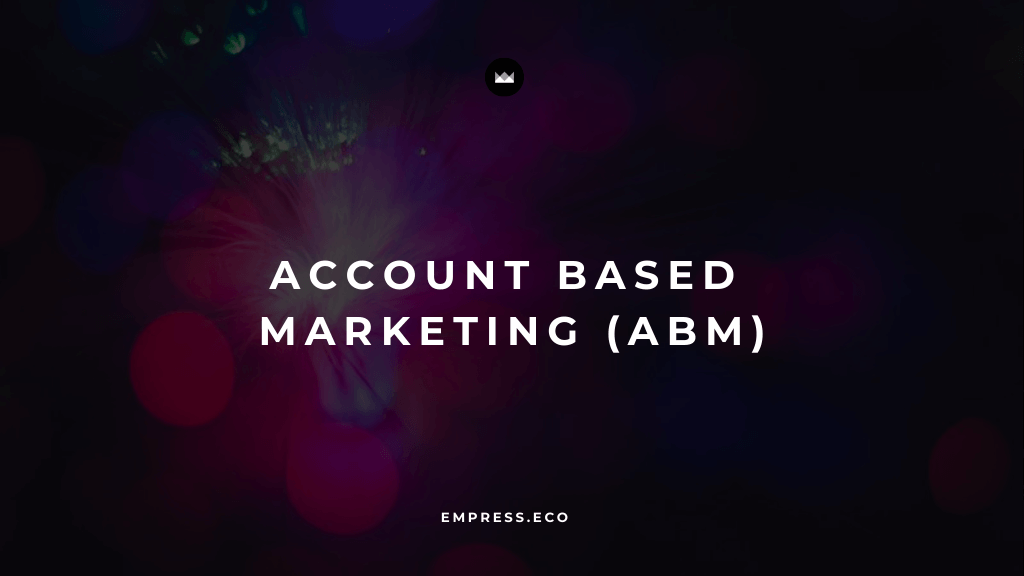Artificial Intelligence (AI) is no longer just a buzzword—it’s a transformative force reshaping industries across the globe. One area where AI has particularly made its mark is in lead generation. For businesses looking to identify, engage, and convert potential customers, AI offers unparalleled advantages that go far beyond traditional methods.
In this blog, we’ll explore the myriad benefits of AI-powered lead generation, guide you through the steps to successfully implement it in your strategy, and discuss the challenges you might encounter along the way. By the end, you’ll have a comprehensive understanding of how AI can revolutionize your approach to acquiring and nurturing leads.
Why AI-Powered Lead Generation Matters
Lead generation is the lifeblood of any business. Without a steady stream of potential customers, growth stagnates, and your sales pipeline dries up. However, traditional lead generation methods—like cold calling, email blasts, and manual prospecting—can be time-consuming, inefficient, and often yield low conversion rates.
Enter AI.
AI-powered lead generation leverages the capabilities of machine learning, data analytics, and automation to streamline the process of identifying and engaging with potential customers. By analyzing vast amounts of data, AI can identify patterns and insights that humans might miss, allowing businesses to target their efforts more precisely and efficiently.
But the benefits don’t stop there. AI also offers predictive capabilities, automated engagement, and actionable insights, all of which contribute to a more effective and scalable lead generation strategy. Let’s break down these benefits in more detail.
The Benefits of AI-Powered Lead Generation
1. Enhanced Targeting Precision
One of the most significant advantages of AI in lead generation is its ability to enhance targeting precision. Traditional methods often involve casting a wide net and hoping for the best. While this approach can yield results, it’s far from efficient.
AI, on the other hand, allows businesses to be much more targeted in their efforts. By analyzing vast datasets—such as customer behaviors, preferences, and habits—AI can identify the characteristics of your ideal customers. This information can then be used to focus your marketing and sales efforts on the most promising prospects, thereby increasing the likelihood of conversion.
For example: If you’re a software company selling to small businesses, AI can analyze your existing customer base to identify common traits among your most successful clients. Perhaps these customers are all located in a specific region, belong to a certain industry, or exhibit similar purchasing behaviors. Armed with this information, you can tailor your marketing campaigns to target similar prospects, thereby increasing your chances of success.
2. Predictive Lead Scoring
Predictive lead scoring is another powerful feature of AI-powered lead generation. In traditional lead generation, sales teams often manually score leads based on factors such as demographic information, engagement levels, and past interactions. This process can be subjective and time-consuming, leading to inconsistencies and missed opportunities.
AI takes the guesswork out of lead scoring by using predictive analytics to identify which leads are most likely to convert. By analyzing historical data—such as past sales, customer interactions, and website behavior—AI can assign a score to each lead based on their likelihood of making a purchase.
This predictive scoring enables sales teams to:
- Prioritize high-value leads for follow-up.
- Improve conversion rates by focusing on the most promising prospects.
- Increase sales efficiency by reducing time spent on leads less likely to convert.
Instead of wasting time on leads that are unlikely to convert, your sales teams can focus their energy on prospects with the highest potential, ultimately driving more revenue for the business.
3. Automated Engagement
In today’s fast-paced world, customers expect quick responses to their inquiries. If a potential lead reaches out to your business and doesn’t receive a timely response, they’re likely to move on to a competitor. This is where AI-powered automation comes into play.
AI-powered chatbots and virtual assistants can engage with potential leads 24/7, providing immediate responses to inquiries and guiding them through the sales funnel. These tools can handle a wide range of tasks, from answering frequently asked questions to scheduling appointments and even processing orders.
By automating these routine tasks, AI not only improves customer engagement but also frees up your human resources to focus on more complex and high-value activities. For example, while the AI chatbot handles initial inquiries, your sales team can focus on closing deals with qualified leads.
Moreover, AI-powered engagement tools can learn from each interaction, continually improving their responses and becoming more effective over time. This level of personalization can significantly enhance the customer experience, increasing the likelihood of conversion.
4. Data-Driven Insights
In the digital age, data is one of the most valuable assets a business can have. However, collecting data is only half the battle—what truly matters is how you use it. AI excels in this area by providing actionable insights that can inform and refine your lead generation strategy.
AI tools can analyze vast amounts of customer data to uncover trends, patterns, and correlations that might not be immediately apparent. For instance: AI might reveal that certain types of content resonate more with your target audience, or that leads who engage with your brand on social media are more likely to convert.
These insights can guide your decision-making and strategy refinement, ensuring that your marketing efforts are always aligned with customer needs and preferences. By leveraging data-driven insights, you can optimize your campaigns for better results, ultimately driving more leads and higher conversion rates.
Implementing AI in Lead Generation: A Step-by-Step Guide
Now that we’ve explored the benefits of AI-powered lead generation, let’s discuss how you can successfully integrate AI into your lead generation strategy. Implementing AI requires careful planning and consideration, but the rewards are well worth the effort.
Step 1: Centralize Your Data
The first step in implementing AI is to centralize your data. AI relies on data to function effectively, so it’s crucial to gather and organize customer data from various sources into a central platform. This could include data from your CRM system, website analytics, social media channels, and more.
By centralizing your data, you provide AI tools with comprehensive inputs for analysis. The more data AI has to work with, the better it can identify patterns and generate insights. It’s also important to ensure that your data is clean and accurate, as any errors or inconsistencies could lead to suboptimal results.
Step 2: Define Customer Profiles
Once your data is centralized, the next step is to define customer profiles. AI can help you analyze your best customers and create detailed buyer personas based on their characteristics and behaviors. These personas should include:
- Demographic information
- Purchasing habits
- Pain points
- Other relevant factors
By understanding who your ideal customers are, you can tailor your AI-driven lead generation efforts to attract similar high-value prospects. For example, if your analysis reveals that your best customers are small businesses in the technology sector, you can focus your marketing campaigns on reaching this specific audience.
Step 3: Select the Right AI Tools
With your data centralized and customer profiles defined, it’s time to select the right AI tools for your business. There are a wide range of AI-powered tools available, each designed to address different aspects of lead generation. Some of the most common tools include:
- Chatbots and Virtual Assistants: Engage with leads, answer questions, and guide them through the sales funnel.
- Predictive Analytics: Use historical data to predict which leads are most likely to convert.
- Marketing Automation Platforms: Automate tasks such as email marketing, social media posting, and lead nurturing.
When selecting AI tools, consider your specific business needs and goals. For instance: If your primary goal is to improve customer engagement, a chatbot might be the best option. If you’re looking to prioritize leads more effectively, predictive analytics could be the way to go.
Step 4: Integrate AI with Existing Systems
Once you’ve selected the appropriate AI tools, the next step is to integrate them with your existing marketing, sales, and analytics systems. Integration is crucial because it ensures that data flows seamlessly between systems, enabling smooth workflow automation.
For example: If you’re using a CRM system to manage customer interactions, ensure that your AI tools are integrated with this system. This way, any data collected by the AI tools can be automatically fed into the CRM, providing your sales team with a complete view of each lead.
Integration also allows AI tools to work in harmony with your existing processes. For instance: If your sales team uses a specific lead scoring system, ensure that your AI tools can work with this system to provide enhanced scoring capabilities.
Step 5: Continuous Optimization
AI is not a set-it-and-forget-it solution—it requires continuous monitoring and optimization to achieve the best results. Regularly review the performance of your AI tools and make adjustments as needed to ensure that they are meeting your lead generation goals.
Key performance indicators (KPIs) such as conversion rates, lead quality, and customer engagement should be tracked and analyzed. If you notice any areas where performance is lacking, consider tweaking your AI algorithms or adjusting your overall strategy.
Continuous optimization also involves staying up-to-date with the latest AI developments. AI technology is constantly evolving, and new tools and techniques are being introduced all the time. By staying informed, you can ensure that your lead generation strategy remains cutting-edge and effective.
Challenges and Considerations in AI-Powered Lead Generation
While AI offers numerous advantages in lead generation, it’s not without its challenges. Understanding these challenges can help you navigate the implementation process more effectively and avoid potential pitfalls.
1. Data Quality
The accuracy of AI predictions relies heavily on the quality of the data it receives. If your data is inaccurate, incomplete, or biased, the AI’s output will be flawed as well. This can lead to suboptimal lead generation results and potentially harm your business.
To mitigate this risk, it’s essential to prioritize data quality. Regularly clean and update your data to ensure its accuracy, and consider implementing data governance practices to maintain high standards. Additionally, be aware of any biases in your data and take steps to address them.
2. Bias and Privacy Concerns
AI systems are only as unbiased as the data they are trained on. If your data contains biases—such as gender, racial, or socioeconomic biases—your AI system may perpetuate these biases in its predictions and decisions. This can lead to unfair treatment of certain groups and damage your brand’s reputation.
To prevent bias in AI-powered lead generation, it’s important to carefully monitor your AI systems and ensure that they are making fair and ethical decisions. Regular audits and reviews can help identify and correct any biases that may arise.
Privacy is another important consideration. AI systems often rely on large amounts of personal data to function effectively, which can raise privacy concerns. It’s essential to comply with privacy regulations and ensure that your AI systems are handling customer data securely and responsibly.
3. Human Oversight
Despite AI’s capabilities, it’s important to remember that AI is a tool, not a replacement for human judgment. While AI can automate many aspects of lead generation, human oversight is still essential to ensure that the process is running smoothly and that decisions are being made in the best interest of the business.
For example: While AI can score leads and prioritize them for your sales team, it’s up to your sales team to make the final decision on how to approach each lead. Human intuition, creativity, and empathy are irreplaceable, and they play a crucial role in building and maintaining customer relationships.
Conclusion: The Future of Lead Generation is AI-Driven
AI-powered lead generation is not just a trend—it’s the future of how businesses will identify, engage, and convert potential customers. By leveraging AI’s capabilities in data analysis, predictive modeling, and automated engagement, companies can achieve higher conversion rates, improved customer insights, and scalable growth.
However, successful implementation requires careful planning, continuous optimization, and a commitment to data quality and ethical practices. By following the steps outlined in this blog, you can harness the power of AI to transform your lead generation strategy and drive your business forward.
As AI technology continues to evolve, its role in lead generation will only become more pivotal. Businesses that embrace AI early on will gain a significant competitive advantage, positioning themselves as leaders in their industries. The time to start integrating AI into your lead generation strategy is now—don’t get left behind.
In summary, AI-powered lead generation offers:
- Enhanced targeting precision to focus on high-value prospects.
- Predictive lead scoring to prioritize efforts where they matter most.
- Automated engagement tools that keep leads engaged 24/7.
- Data-driven insights to refine and optimize your marketing strategies.
- A step-by-step implementation process to seamlessly integrate AI into your existing systems.
- A clear understanding of the challenges and considerations to ensure successful adoption.
By embracing AI, you can take your lead generation efforts to the next level, driving more qualified leads, improving conversion rates, and ultimately growing your business. AI is not just a tool—it’s a game-changer for lead generation, and it’s here to stay.



